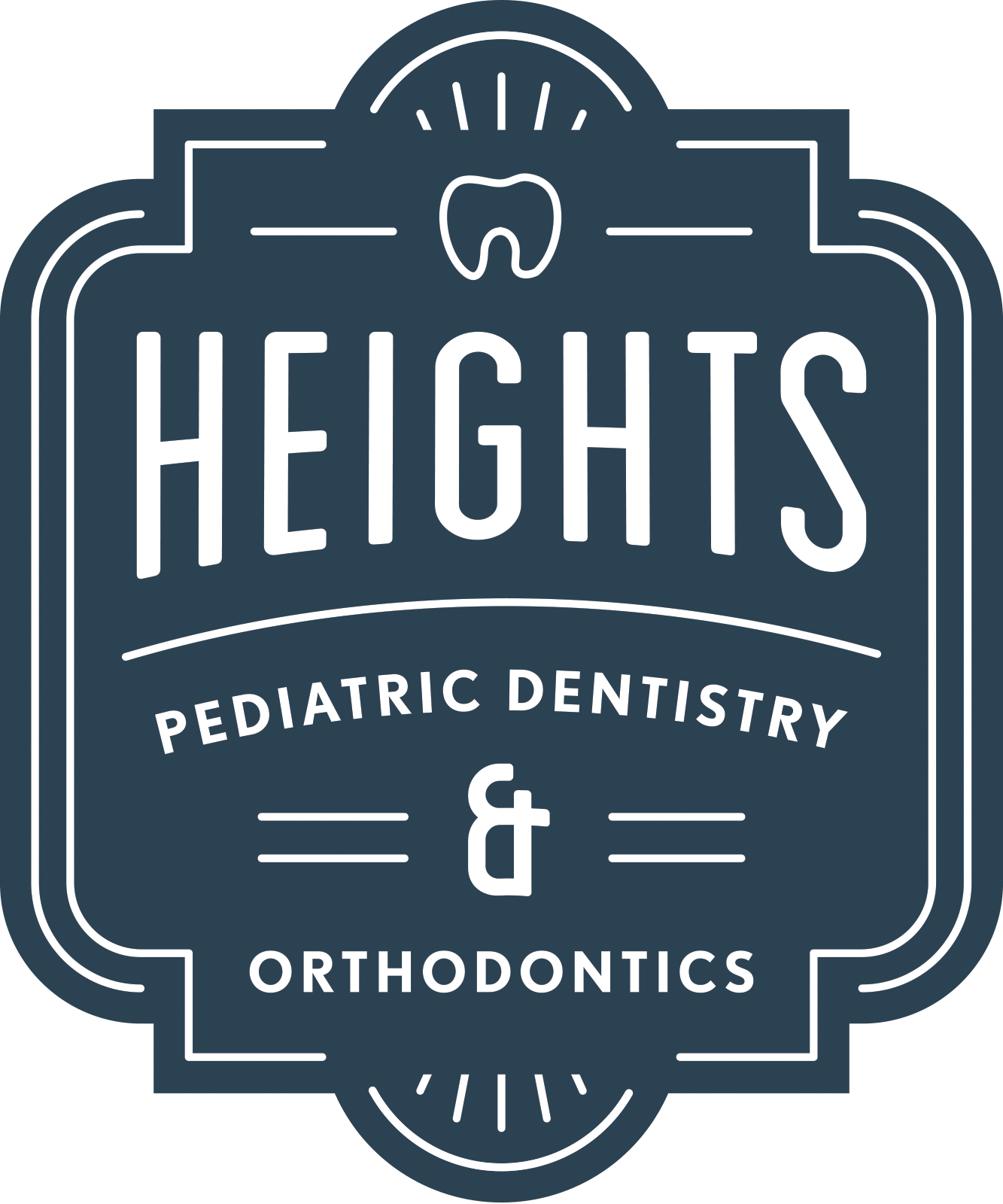Aphthous Ulcers
/Aphthous ulcers, also known as aphthous stomatitis or canker sores, are lesions that develop in the mouth or at the base of the gums. They are not contagious as they are neither bacterial nor viral, but can make it difficult to talk, eat and drink. They occur in both kids and adults. They last a week or two and usually heal within that period without treatment.
When apthous ulcers occur in kids, the approach must be aggressive because they can impede food and fluid intake resulting to dehydration. Since they can be painful, kids with recurrent aphthous ulcers must be monitored by parents and professionals.
There are three categories of aphthous ulcer. Minor aphthous ulcers are most common. They are small, oval shaped, about one to ten millimeters in diameter and last from seven to ten days. Usually they heal without leaving scars. Major aphthous ulcers (also known as Sutton disease) may be uncommon but they are larger, deeper and have irregular edges, usually more than ten millimeters in diameter. It may last anywhere from ten to 30 days and may leave scars. Herpetiform aphthous ulcers have irregular edges, about one to three mm in diameter and appear in multiple, clustered form. The lesions take about seven to ten days to heal and leave no scars.
Aphthous ulcers can be triggered by several factors like emotional stress, cheek bite, improper brushing, dental work, spicy or acidic food, lack of iron, vitamin B-12, folic acid or zinc, hormonal shifts, allergies and food sensitivities, and braces to name a few. Knowing what caused the sores can help in preventing them. Since they occur in the mouth, consult a dentist especially when it involves kids. Recurring and severe canker sores may be caused by underlying systemic diseases as well. Whatever the diagnosis, Dr. Lindhorst can determine the next steps or medication to take.
Since these ulcers are neither viral nor bacterial, but rather caused by an “overactive immune response” the purpose of medical therapy is relieving pain, maintaining nutrition and fluid intake, early resolution and preventing recurrence. There are many recommended treatments for aphthous ulcers. Although minor canker sores can clear out without treatment, patients can still benefit from topical treatments such as mouth rinses with either numbing or steroid solutions, ointments and pastes to relieve inflammation and pain. Using bland toothpastes without strong minty or other flavoring can help as well. Monitoring possible causes such as consumption of acidic foods (orange or tomato products for example) can help prevent outbreaks. Making sure that wires from braces are cut short and comfortable and avoiding putting any sharp objects that could cause injury that result in ulcer formation is also important for kids.
Cautery is another option. Using the topical solution, Debacterol, the sores are cauterized to lessen the healing period. Silver nitrate is also sometimes used during cautery procedure to relieve pain but is not known to speed up the healing process.
Supplements like folate, zinc and vitamins B-6 and B-12 may also be prescribed to prevent recurrence. These treatments may be prescribed and can be effective for short-term goals. The source of the problem must be treated first to get satisfactory long-term effects.
